Emil Webber v. Commissioner of Income Tax (1993)
Supreme Court on when income is taxed as “Income from Other Sources” under Section 56.

Quick Summary
In this case, the Supreme Court explained a simple point: if money you receive does not fit under salary, house property, or business/profession, and is not exempt, it falls under “Income from Other Sources” (Section 56). Emil Webber received money from Ballarpur Papers even though Ballarpur was not his employer. So, the amount was taxed under Section 56, not as salary under Section 17.
Issues
- Under which head should the payment to Emil Webber be taxed?
- Was there an employer–employee relationship that could trigger Section 17 (Salary)?
Rules
Section 56(1), Income Tax Act, 1961: Any income that is not exempt and does not fall under Salaries, Income from House Property, or Profits and Gains of Business or Profession is chargeable as Income from Other Sources.
Section 17: Applies only when the payment is from an employer to an employee—i.e., a clear contract of service.
Facts (Timeline)

Arguments
Appellant
- The amount is not salary—Ballarpur was not the employer.
- Therefore, it should be assessed under “Other Sources.”
Respondent (Revenue)
- Payment related to services rendered—thus, it should be treated like salary or professional income.
- Alternatively, tax should follow the TDS-on-salary route.
Judgment
The Supreme Court held that there was no employer–employee relationship between Ballarpur Papers and Emil Webber. Since Section 17 did not apply, the amount was correctly taxed as “Income from Other Sources” under Section 56(1). The Court also clarified that, by the same logic, tips paid by customers to employees are taxable as “Other Sources,” and salary TDS rules (Section 192) do not apply to such tips.

Ratio Decidendi
Without a real contract of service, payments from a third party do not become salary. Such receipts are taxed under Section 56(1) unless another head clearly applies.
Why It Matters
- Clarifies the boundary between salary and other sources.
- Helps in TDS decisions—salary TDS does not cover customer-paid tips or third-party payments.
- Useful for cross-border projects where the payer and the employer are different entities.
Key Takeaways
- Check the relationship: who is the employer?
- If no employment link, consider Section 56(1).
- Tips from customers are not salary; they are “Other Sources.”
- TDS on salary (Section 192) does not apply to such tips/third-party payments.
Mnemonic + 3-Step Hook
Mnemonic: “No Boss? Other Source.”
- Step 1: Ask: “Who’s the boss?” If no employer–employee tie, move on.
- Step 2: Check other heads—salary, house property, business/profession.
- Step 3: If none fit and not exempt, put it under Section 56.
IRAC Outline
Issue: Proper head of income for payment made by a non-employer.
Rule: Section 56(1) taxes income not covered by other heads.
Application: Ballarpur was not Webber’s employer; thus salary provisions did not apply. The receipt fits “Other Sources.”
Conclusion: Taxable under Section 56(1), not under salary.
Glossary
- Employer–Employee Relationship
- A contract of service where the employer controls how work is done.
- Section 17 (Salary)
- Covers income paid by an employer to an employee.
- Section 56 (Other Sources)
- Covers taxable income that does not fit other heads and is not exempt.
FAQs
Related Cases
Tips & TDS Context
Decisions discussing whether tips are salary and how TDS applies.
Third-Party Payments
Cases drawing the line between employment income and other sources.

Share
Related Post
Tags
Archive
Popular & Recent Post




































































































































































































































































































































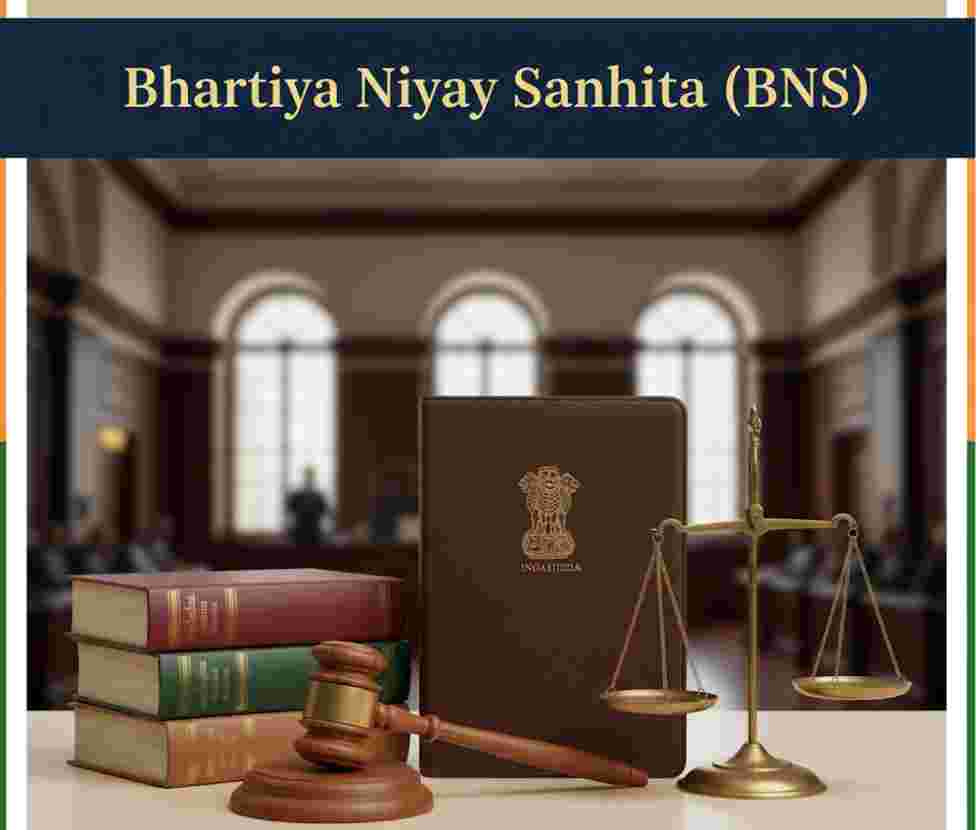
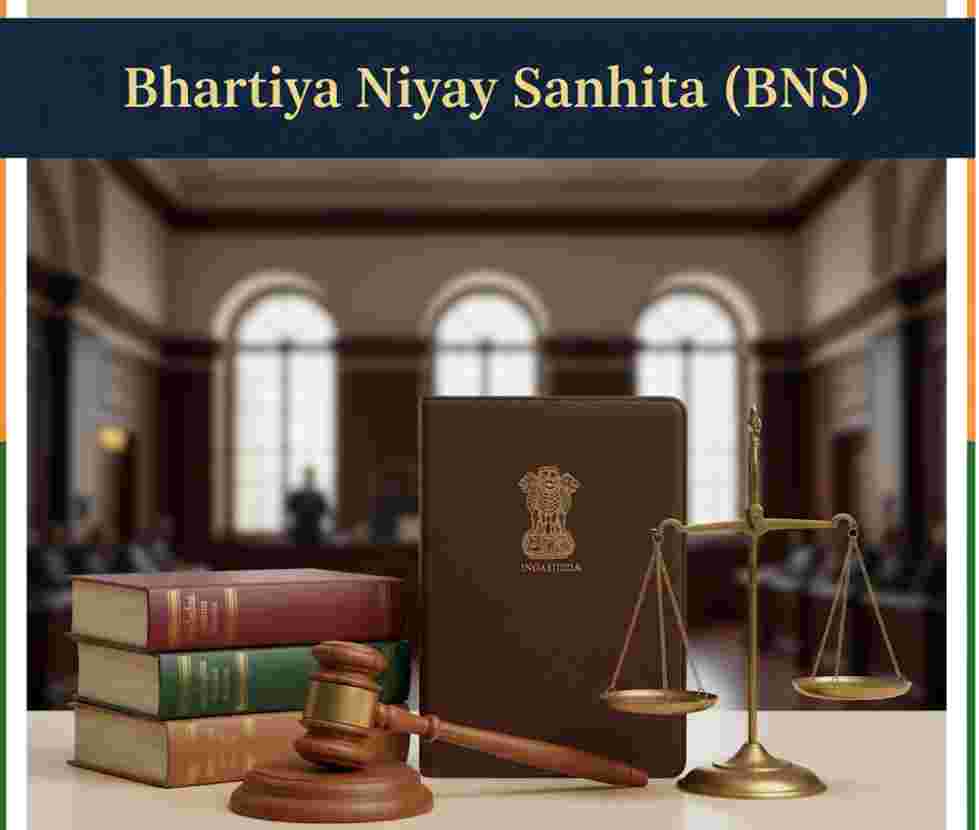
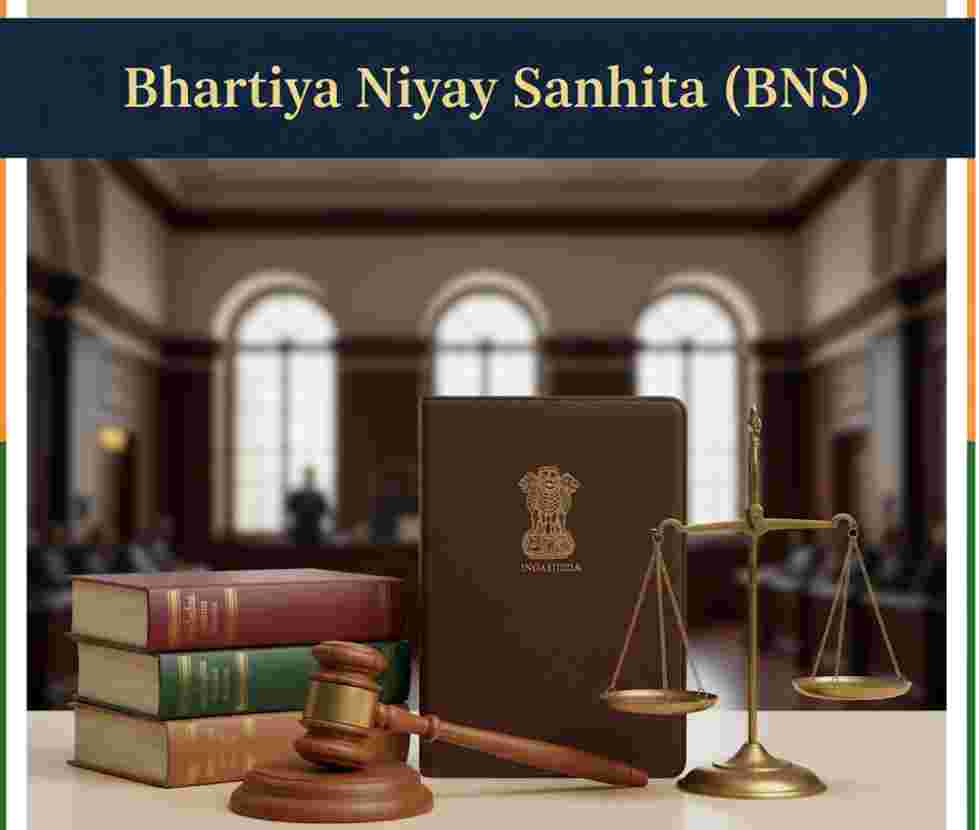
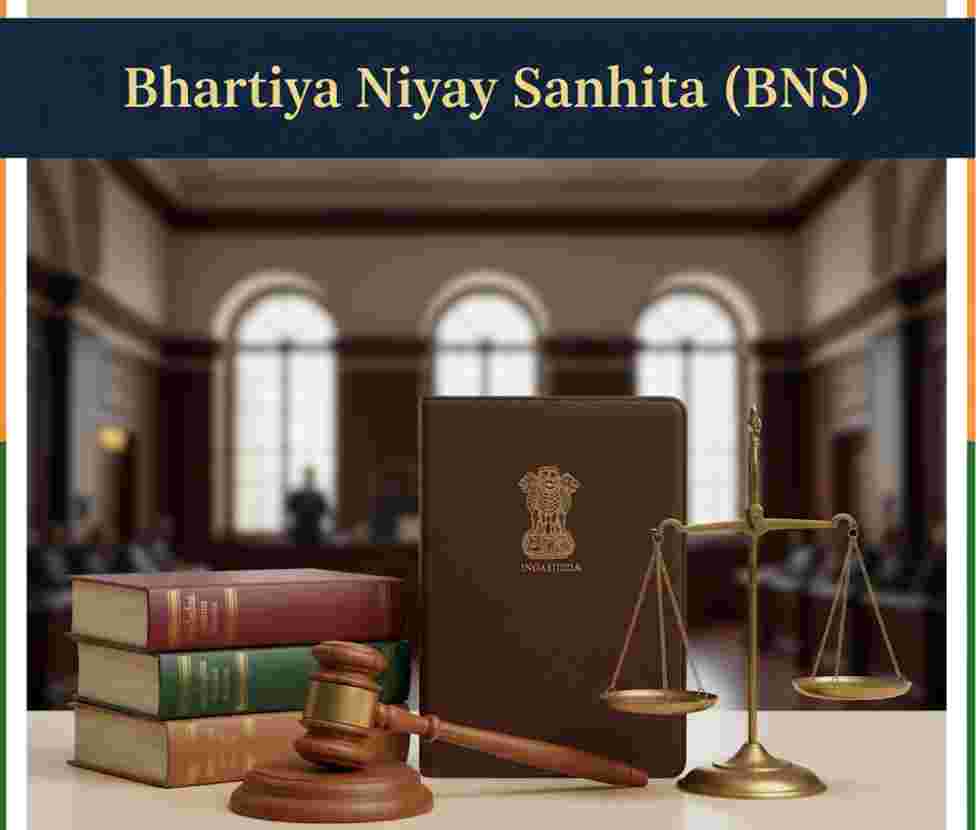
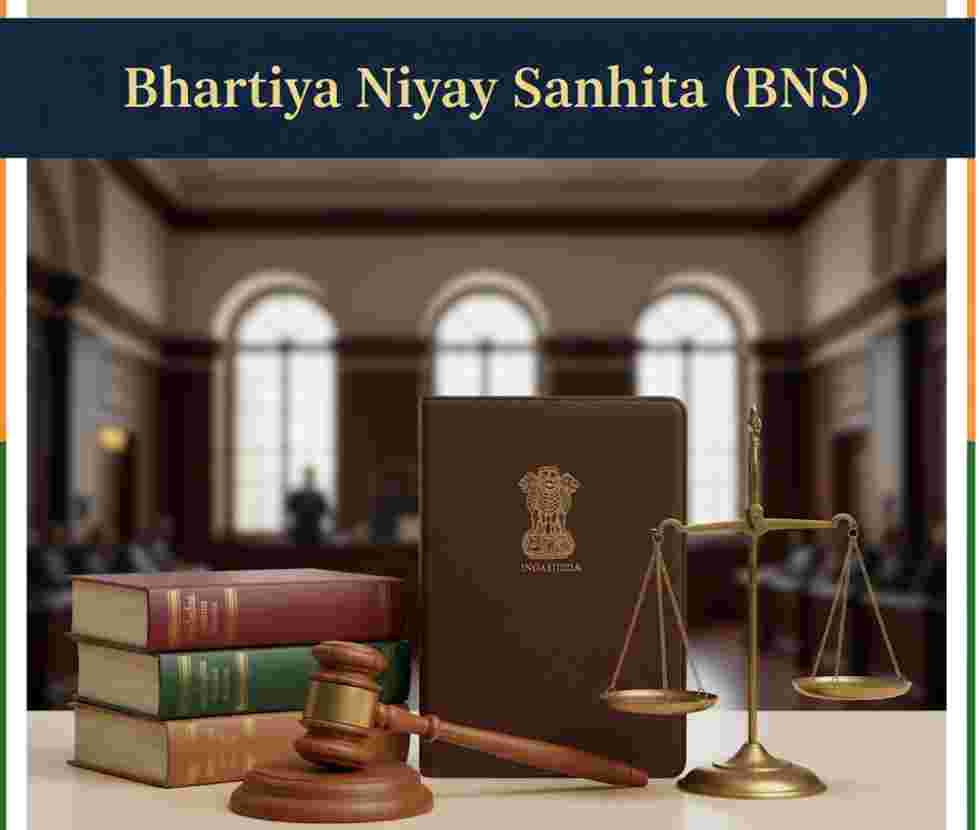
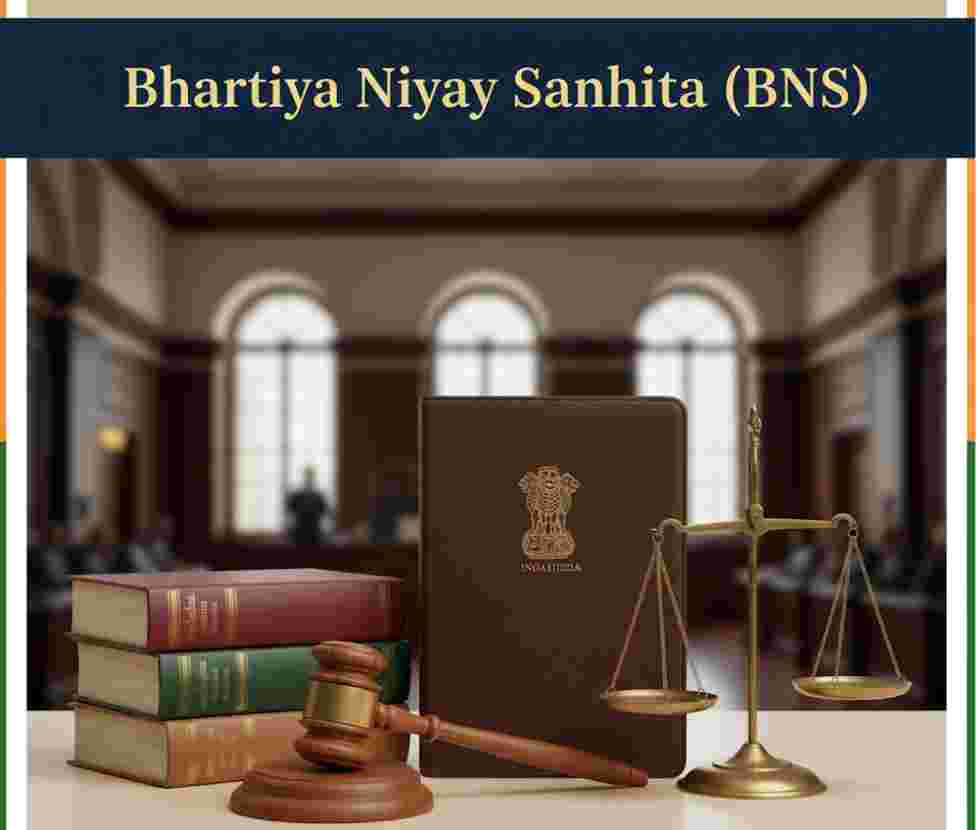
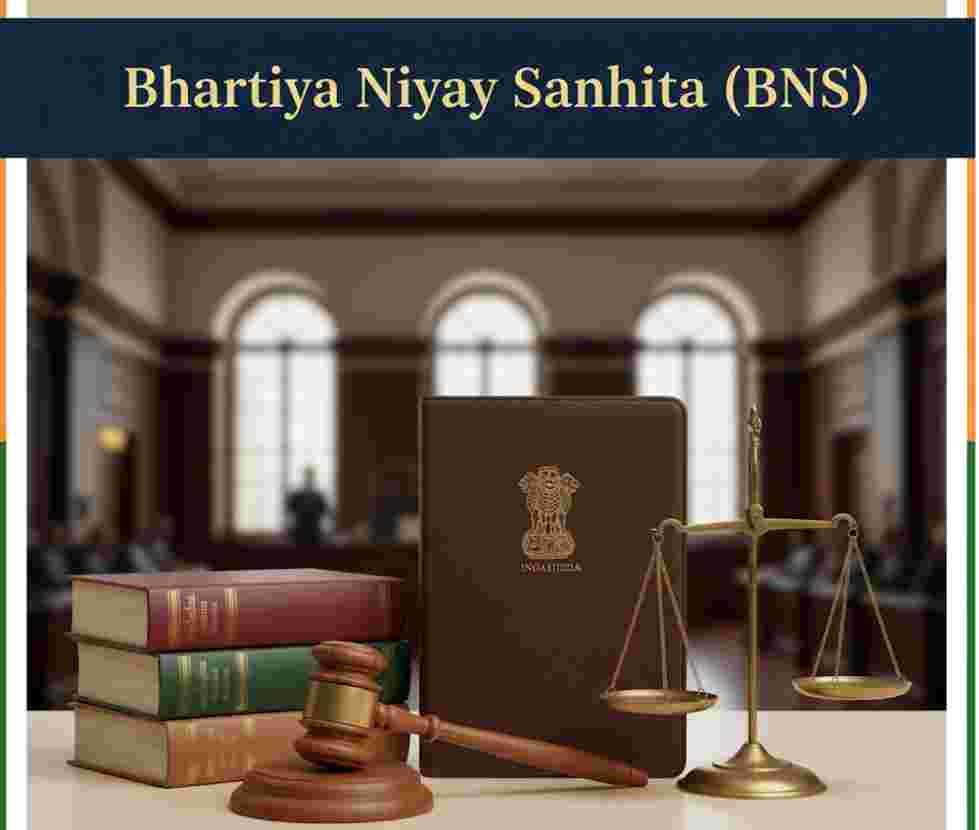


















































Comment
Nothing for now